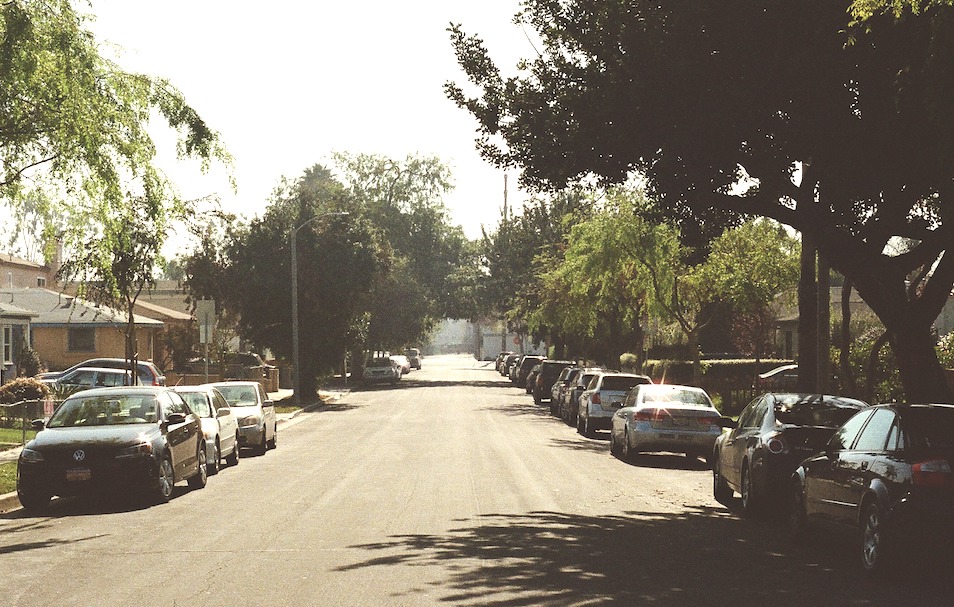After watching the Mr. Rogers’ film “Won’t You Be My Neighbor,” I left the movie theatre puffy-eyed following a good sob fest.
I wasn’t the only one. There are solid reasons for this reaction that many of us here in the States experience when we are reminded of Mr. Rogers’ gentle message of love and compassion.
Mr. Rogers’ loving message to children and adult children
Fred Rogers could speak right into the heart of a small child and tell them just how special and valuable they are without sounding patronizing or disingenuous. He really meant it! Knowing that you’re valuable and loveable and really FEELING it, is critical to a developing person. Not knowing one’s value and not being seen are tragic. Rogers wanted children and adults to know that their lives had value because I think he had an understanding that loving your neighbor and loving yourself would create a world with healthier and more thoughtful human beings and consequently healthy, respectful, and loving communities.
Mr. Rogers’ message extends to issues of discrimination
Mr. Rogers’ message was extended to larger social issues such as racism as well as gender stereotypes. An episode in the late 1960s showed Mr. Rogers inviting his neighborhood friend who was an African-American man to sit down and share a foot bath with him on a hot day. You see Mr. Rogers spraying water on his friend’s foot, being playful as only he could, as they are sitting together, enjoying each other’s company. This scene aimed to demonstrate love and acceptance for one’s neighbor as a response to the violence and cruelty that people of color were experiencing (e.g. harmful chemicals thrown at them for sharing a public swimming pool with white people, and other hateful actions). He was a soft, vulnerable, tender man who constituted quite literally the opposite of the stereotypical, cultural construction of what masculinity looked like.
Let’s be inspired by Mr. Rogers once more and let ourselves and our community members feel seen, heard and valued
After watching the film, I felt compelled to YouTube Fred Rogers. I watched a couple of Mr. Roger’s neighborhood episodes and found the shows profound in their message, yet simple in their delivery. As a child, I obviously didn’t have the same reflective capacities as I do now to appreciate the show’s depth. I just liked the trolley and would trip out that he had puppets and a whole make-believe land in his backyard, and wished that I could have that in my own backyard. Other than that, I remember his shows would put me to sleep. The way the shows were paced had a soothing effect on my young brain and being.
Since watching the film, I have been reflecting on the idea that we only become aware of our value through our experiences with those who care for- and love us. I think about children who never had the experience that their lives mattered. I think about them growing up to become adults who yearn so greatly to be seen and loved, and I realize the ways in which their relationships are affected by the not knowing.
How do we as a culture remedy that? How can we embody more of Mr. Rogers, so that we have relationships that are open to vulnerability? So that we cultivate bonds and teach our children to create connections where we feel safe enough to share our feelings with each other? How can we as a culture expand our emotional vocabularies so that we don’t end up acting out our feelings in inappropriate or violent ways? How can we evolve?
I don’t know all the answers here, but I do know that I really needed to feel the hope with which Won’t You Be My Neighbor had left me. It reminded me that there are good and loving people in the world, and that I can be one of them. That in my own small way, trolley or no trolley, I can express to my loved ones and to myself the value that we carry inside of us, no matter what.


